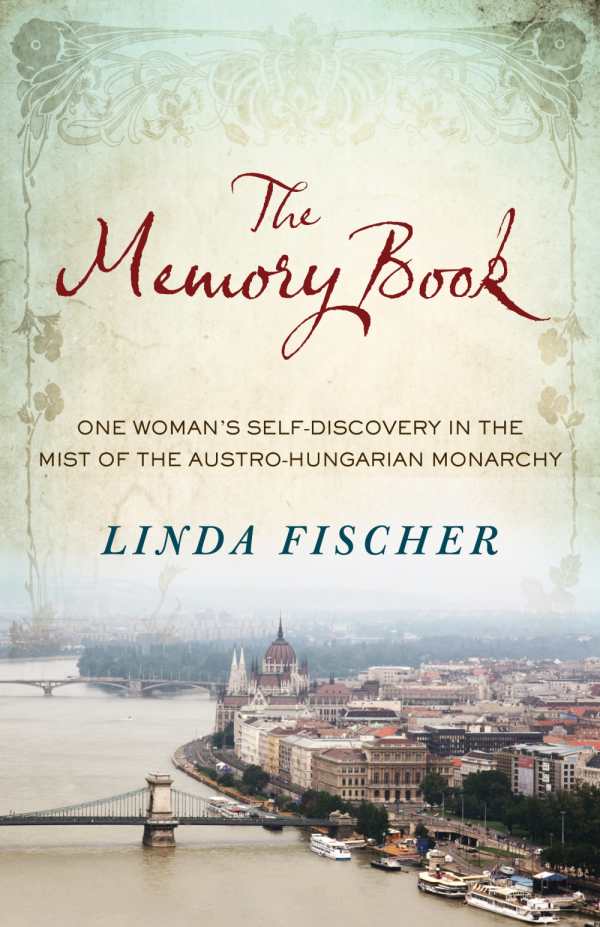The Memory Book
One Woman's Self-Discovery in the Mist of the Austro-Hungarian Monarchy
As a memoirist, Fischer deftly fills the roles of both author and protagonist as she learns about the life of a young Austro-Hungarian girl.
The Memory Book: One Woman’s Self-Discovery in the Mist of the Austro-Hungarian Monarchy, by Linda Fischer, is a memoir of a woman’s connection to a mysterious young girl, transcending decades and cultures.
The story begins as Fischer discovers, in an antique store in Budapest, a memory book that belonged to a young girl, Amálka. A memory book was a common tradition in Eastern Europe in the beginning of the 1900s; Amálka’s begins in 1906. Fischer finds the drawing- and writing-filled book immediately magnetically compelling, though she doesn’t even know what it says. She begins a quest to find Amálka and learn who she was and what her life was like. But first, there are logistical hurdles, not least of which is finding someone to translate the Old Hungarian language. Fischer finds that the book contains poetry and letters, written to Amálka and filled with warmth and time-period aphorisms. Over years, Fischer’s search broadens past Amálka into a ravenous study of Austro-Hungarian culture and history. Ultimately, Fischer grows closer to Amálka, but in the end, as with any historical figure, Amálka is always a bit out of Fischer’s reach.
While the book presents a parallel journey between Fischer and Amálka, and Amálka’s identity is central to the book, this is Fischer’s story. She is the self-discoverer of the subtitle, and her questions, insights, and travels fill the book. Her curiosity is consuming; and she finds that the memory book literally alters her life. She is both in the moment of the story’s action and looking at the experience through the retrospective authorial eye, balancing personal experiences and details with the broader themes that the story builds. The book has a memoir’s pace rather than a novel’s—a slow, attentive build to understanding, rather than a swift, moving-to-climax plot.
Fischer explains the necessary historical and geopolitical information without slowing down the story, primarily setting this content in a different typeface at the end of the chapter. The reference and bibliography sections are a testament not only to Fischer’s research, but also to her voracious appetite for information.
This book is a compelling read for lovers of history, genealogy, and nostalgic artifacts—anyone who’s ever stumbled on a topic or object that began a near-obsessive quest. The Memory Book showcases how historical artifacts and personae can affect modern travelers.
Reviewed by
Melissa Wuske
Disclosure: This article is not an endorsement, but a review. The publisher of this book provided free copies of the book to have their book reviewed by a professional reviewer. No fee was paid by the publisher for this review. Foreword Reviews only recommends books that we love. Foreword Magazine, Inc. is disclosing this in accordance with the Federal Trade Commission’s 16 CFR, Part 255.

